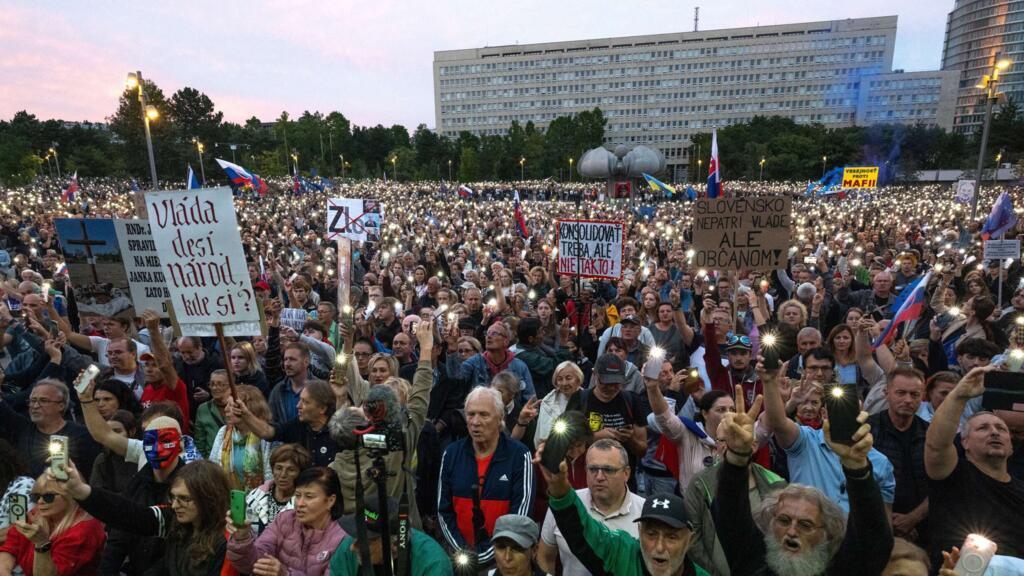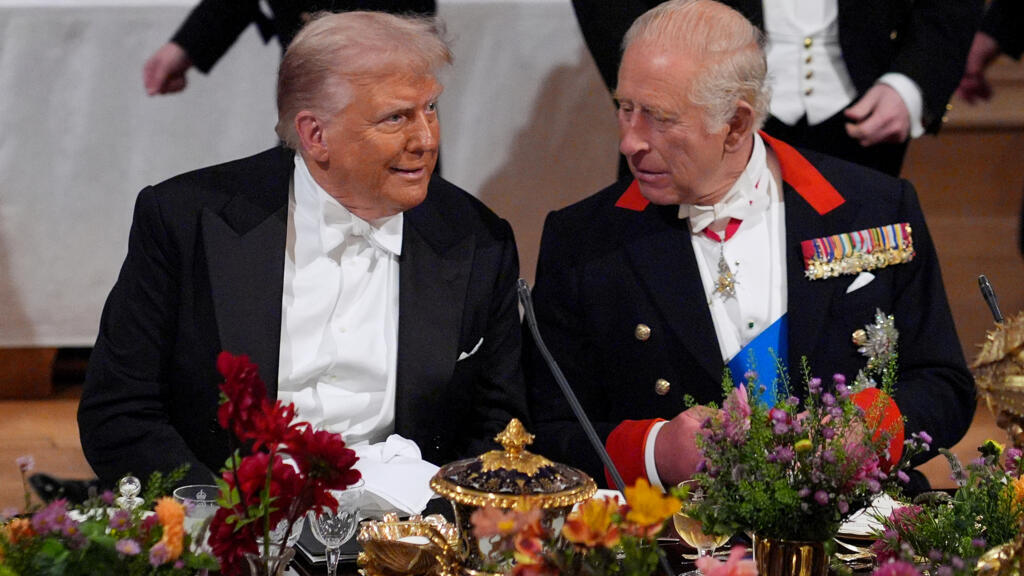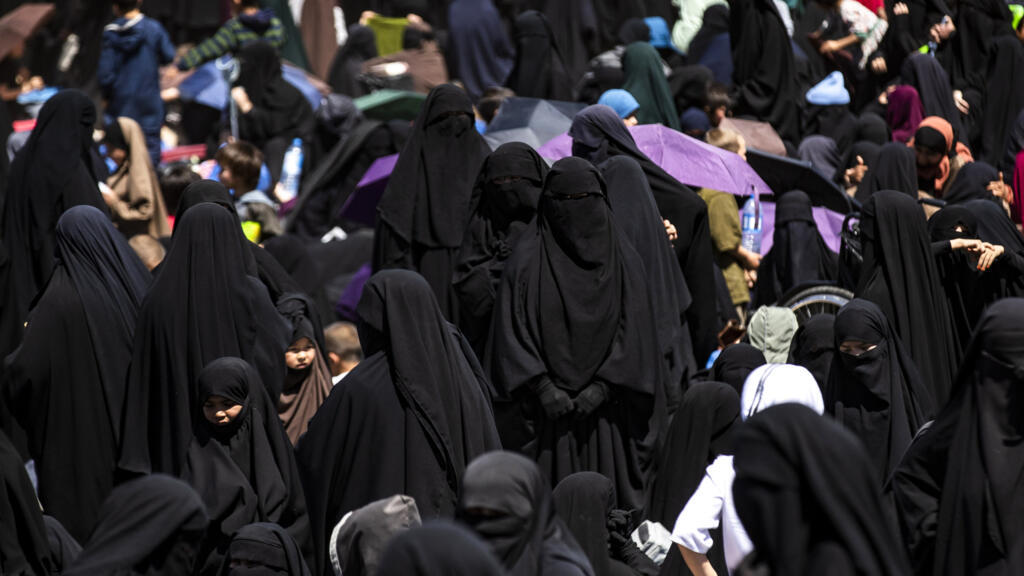Protests Erupt in Slovakia Against Prime Minister Fico
On Tuesday, thousands of Slovaks took to the streets in 16 cities across the country, including the capital, Bratislava, to voice their discontent with the economic policies and pro-Russian stance of Prime Minister Robert Fico. These nationwide demonstrations are reported to be one of the largest displays of opposition since Fico's return to power last year.
The protests were organized as a response to Fico's management of the economy, which many citizens perceive as ineffective, coupled with a foreign policy that is increasingly leaning towards Russia. The demonstrators expressed their frustrations over rising costs of living, stagnant wages, and the government's perceived failure to address pressing social issues. Participants carried banners and chanted slogans, demanding change from Fico's administration.
Attendance at these demonstrations varied across cities, with significant numbers showing up in major urban centers such as Bratislava. Activists noted that the turnout reflects a growing sentiment of dissatisfaction among the Slovak population regarding the current governance and its alignment with Russian interests. In recent months, Fico's government has faced scrutiny over its ties with Moscow, especially amid ongoing geopolitical tensions in Europe.
Event organizers emphasized the importance of these protests as a unifying moment for citizens who are concerned about the future direction of the country. They called for a government that prioritizes the needs and welfare of Slovak families, rather than compromising to appease foreign influences. The protests aim to galvanize public sentiment and encourage ongoing civic engagement to push for policy changes.
As the demonstrations unfolded, there was a palpable sense of solidarity among participants, many of whom were motivated by a desire to safeguard Slovakia's democratic values. The spontaneous gatherings served not only as a platform to express discontent but also as a moment of reflection on the country's political landscape and its implications for future governance.
The mass mobilization signifies a critical juncture in Slovakia's political environment, indicating that public support for Fico may be waning as citizens demand greater accountability. Following his election, Fico had promised to address various issues but the growing protests suggest that many feel these promises have not been fulfilled, particularly regarding economic reforms and independence from external influences.
In light of these developments, it will be crucial to observe how the government responds to the rising discontent and whether this will lead to significant shifts in policy or changes in leadership. The protests have brought to light the urgent need for dialogue between the government and its citizens as the nation navigates challenging economic conditions and external pressures.












